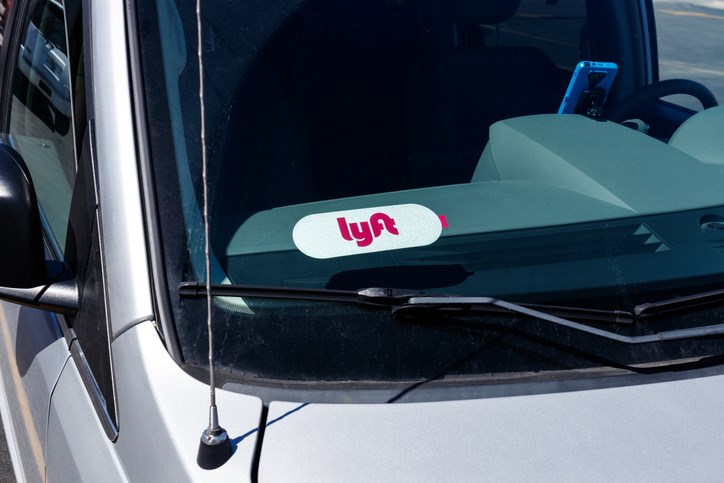The B.C. Ministry of Transportation and Infrastructure has dismissed the notion put forth Tuesday by Surrey Mayor Doug McCallum that municipalities can prohibit ride-hailing vehicles by not issuing business licences.
McCallum had told media and members of the Vancouver Taxi Association at a luncheon in East Vancouver that he would not issue licences to companies such as Uber and Lyft in a bid to protect the taxi industry from what he deems to be unfair legislation.
The Ministry confirmed to Glacier Media that “to be clear, provincial law restricts the authority of municipalities to regulate the supply and boundaries of taxis and ride-hail vehicles. Only the Passenger Transportation Board is authorized to establish supply and boundaries for these services.”
A municipality may not “prohibit [passenger-directed vehicles] from operating in the municipality,” according to the Ministry.
But it remains unclear what sort of measures McCallum could place on ride-hailing vehicles since municipalities, according to the Ministry’s website, retain their authority to set business licence requirements and to regulate through street and traffic bylaws.
Municipalities have the ability to establish both “one set of business licence requirements for taxi fleets and a different set of requirements for ride-hailing” and “different street and traffic rules for taxis and for ride-hailing under their authority in relation to streets and traffic.”
McCallum told taxi drivers Tuesday that the rules established by the Passenger Transportation Board are unfair, namely the lack of cap on number of ride-share vehicles. He also cited traffic congestion as a concern.
“An unfair market environment would impact the livelihoods of taxi drivers and their families. It is imperative that both ride-hailing companies and the taxi industry should be subject to the same regulations and restrictions; anything less is unacceptable,” said McCallum, responding to Glacier Media Wednesday in an email via city spokesperson Oliver Lum.
The introduction of ride-hailing in B.C. will diminish taxi licence values, the association has argued. Many licence owners reside in Surrey and are politically active on the issue of ride-sharing.
Surrey Coun. Linda Annis charged McCallum with playing politics, saying, “He continues to ignore Surrey residents in favour of a handful of taxi owners.”
Annis, in an email statement Tuesday evening, said, “Not issuing business licences is a ridiculous idea. The fact that we don’t have enough transit or cabs to start with makes the mayor’s idea just another poke in the eye to the thousands of Surrey residents who would use Uber and Lyft.”
Ride-hailing legislation comes into force Sept. 16. While taxis remain restricted to picking up passengers in the municipalities that license them, ride-hailing vehicles will have no such restrictions. As well, there will be no cap on such vehicles, unlike taxis.
B.C. is the last jurisdiction in Canada to implement ride sharing. Other jurisdictions in North America are beginning to place limits on the industry, such as vehicle caps, to curb traffic congestion and protect drivers’ wages.



